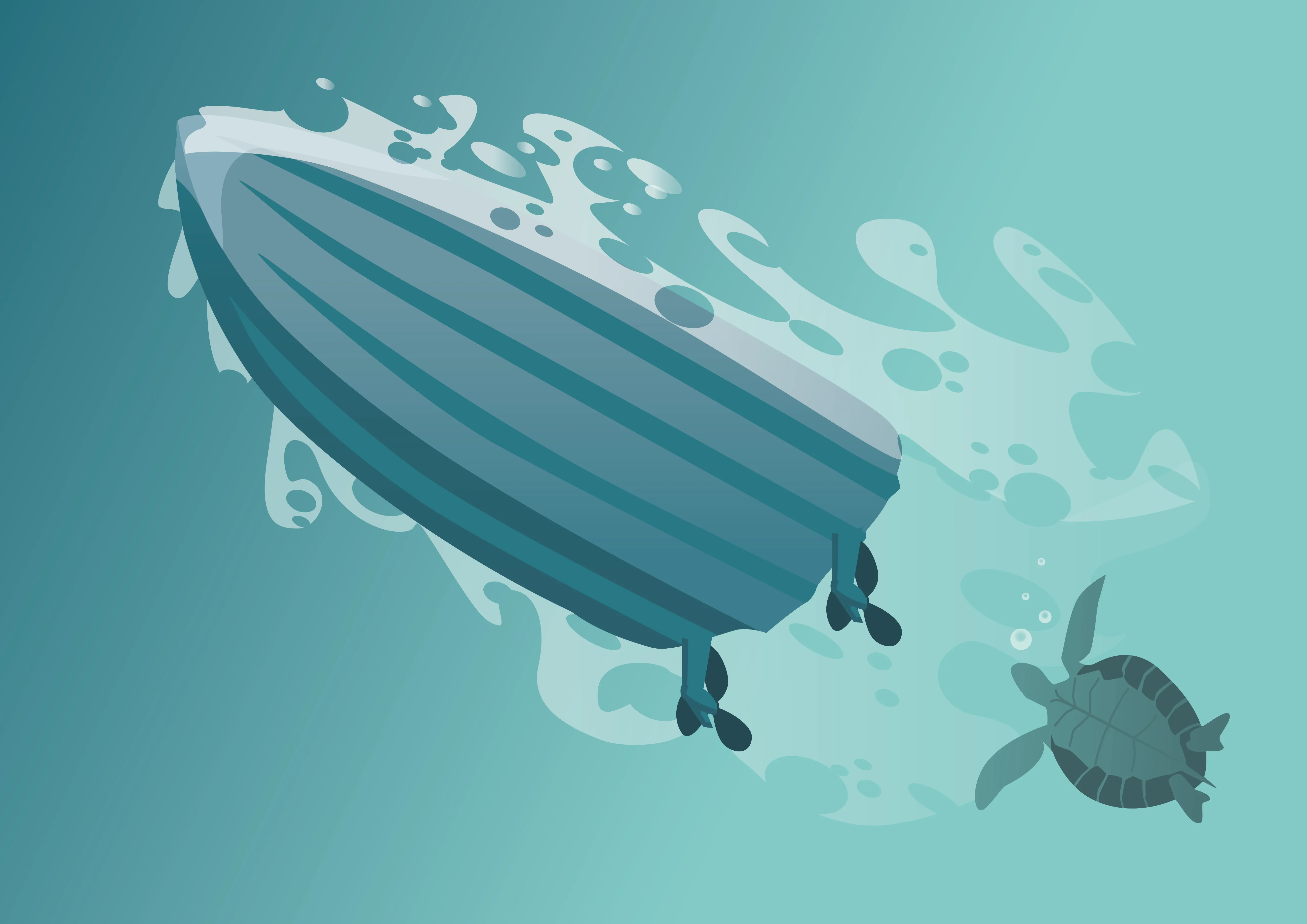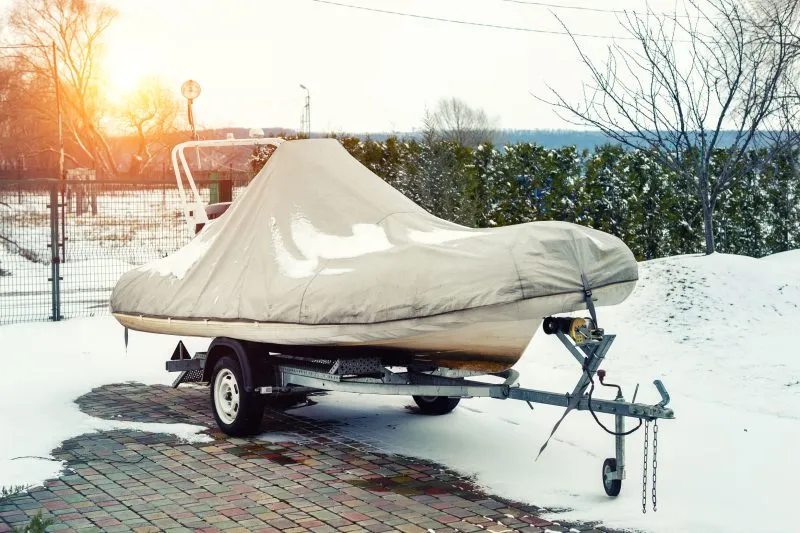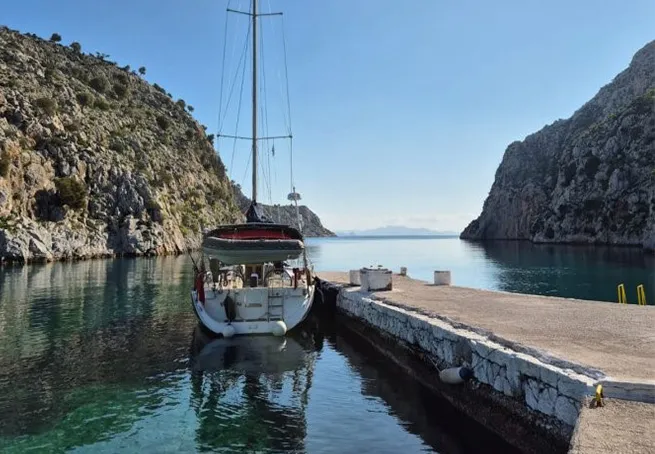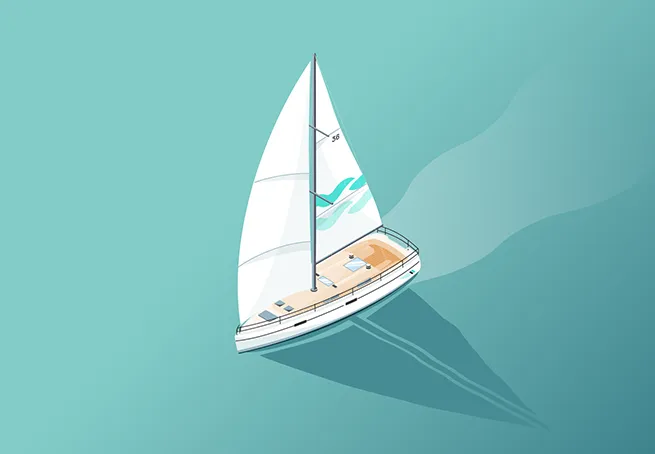- InsuranceInsurance
- Hull and machineryHull and machinery
- Bluewater cruising and long-distance insuranceBluewater cruising and long-distance insurance
Advice and bespoke yacht insurance cover for global cruising, offshore & long-distance sailing from Haven Knox-Johnston Specialist.
- Catamaran insuranceCatamaran insurance
Get expert advice on catamaran & trimaran insurance, with global protection & tailored policies from Haven Knox-Johnston Specialist.
- Personal watercraft (PWC) insurancePersonal watercraft (PWC) insurance
Specialist watercraft cover for speed, freedom and fun.
- RIB and speedboat insuranceRIB and speedboat insurance
Specialist insurance for speedboats and RIBs, covering damage, theft, liability & more. Boat insurance built around how and where you use your craft.
- Short term boat rentalShort term boat rental
Does your pride and joy earn you money?
- Yacht and motoryacht insuranceYacht and motoryacht insurance
Specialist sailing yacht insurance cover to protect your adventures on the water
- Bluewater cruising and long-distance insuranceBluewater cruising and long-distance insurance
- Sports and activitiesSports and activities
- Yacht racing insuranceYacht racing insurance
Tailored racing yacht insurance. Hull, rig & crew cover from Cowes Week to club racing.
- Yacht racing insuranceYacht racing insurance
- Marine trade insuranceMarine trade insurance
- Hull and machineryHull and machinery
- News and articlesNews and articles
The latest news and insights, tips and other helpful information from your Specialist team
- Get the latest newsGet the latest news
The latest news and insights, tips and other helpful information from your Specialist team
- EventsEvents
From sponsorships to boat shows, check out what our Specialist crew are up to
- Avon Marina Open Day & Lifestyle ShowAvon Marina Open Day & Lifestyle Show
Overview of Avon Marina Open Day & Lifestyle Show
- Cockwells Owners’ RallyCockwells Owners’ Rally
Overview of the Cockwells Owners’ Rally
- Avon Marina Open Day & Lifestyle ShowAvon Marina Open Day & Lifestyle Show
- Get the latest newsGet the latest news
- About usAbout us
How can we help you?
- Our locationsOur locations
Contact us
- Our historyOur history
Who is Haven Knox-Johnston Specialist and where do we come from?
- SustainabilitySustainability
Sail Responsibly: Safeguard our waters
- Preserving our habitatsPreserving our habitats
Preserving water habitats is a fundamental duty of the boating community. Let us pledge to do our part to safeguard our ecosystems and ensure their survival.
- Preventing water pollutionPreventing water pollution
Preventing water pollution should be a top priority for boaters as the devastating effects of pollution on aquatic life and ecosystems are well documented and immeasurable
- Sailing sustainablySailing sustainably
Let us sail responsibly and do our part to protect the precious waters we all enjoy
- Preserving our habitatsPreserving our habitats
- Our locationsOur locations




